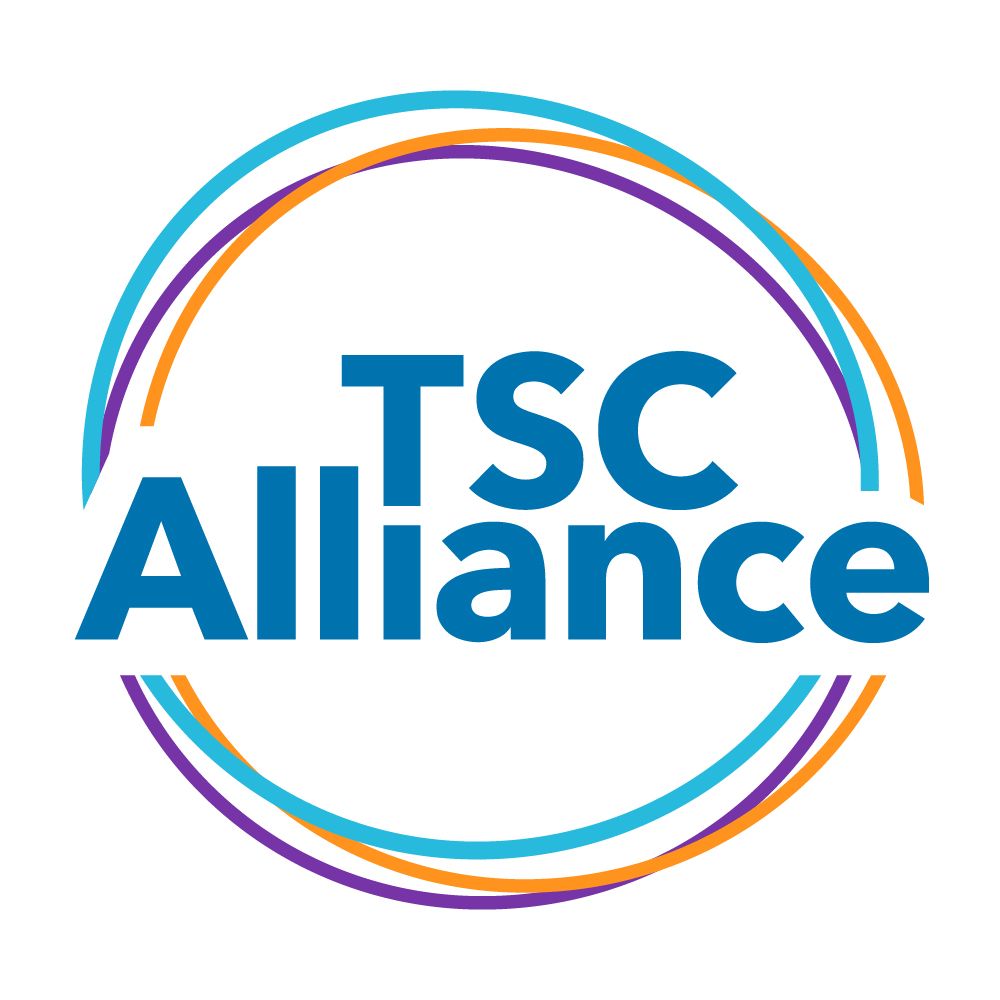
Significant Long-Term Impacts of Delaying Seizures in Tuberous Sclerosis Complex: Darcy Krueger, MD, PhD

The director of the Tuberous Sclerosis Clinic at Cincinnati Children’s discussed the neurodevelopmental impacts delaying seizures could lead to in tuberous sclerosis complex. [WATCH TIME: 2 minutes]
WATCH TIME: 2 minutes
"We know the brain is developing at an exponential rate at this age range. The brain is not done developing when you were born. Over the next couple of years, there is still massive amounts of brain maturation and networks being connected, tested, and reinforced."
Although there is no cure for tuberous sclerosis complex (TSC), there are a handful of treatments available to treat the symptoms. Vigabatrin is an FDA-approved therapy for treating infantile spasms in TSC, although it has significant side effects. Everolimus (Afinitor) is another approved product to treat subependymal giant cell astrocytomas and angiomyolipoma kidney tumors, in addition to intractable seizures. When drug treatments fail to adequately control seizures, technology can help identify the exact portions of the brain stimulating seizures to help decide if surgery may be the right approach.
There are several aspects of TSC that impact quality of life, including the aforementioned seizures, developmental delay, intellectual disability, and autism; however, there are several patients living healthy lives.
The study featured infants in the earliest stages of life who will be treated the moment they have a clinical or genetically confirmed case of TSC. If successful, the study could have serious implications on how the disease is treated, while raising the importance of treating it as early as possible. In an interview with NeurologyLive®, Krueger discussed the significance of possibly preventing or delaying seizure onset for these children, and how it could impact clinical care going forward.
Newsletter
Keep your finger on the pulse of neurology—subscribe to NeurologyLive for expert interviews, new data, and breakthrough treatment updates.










